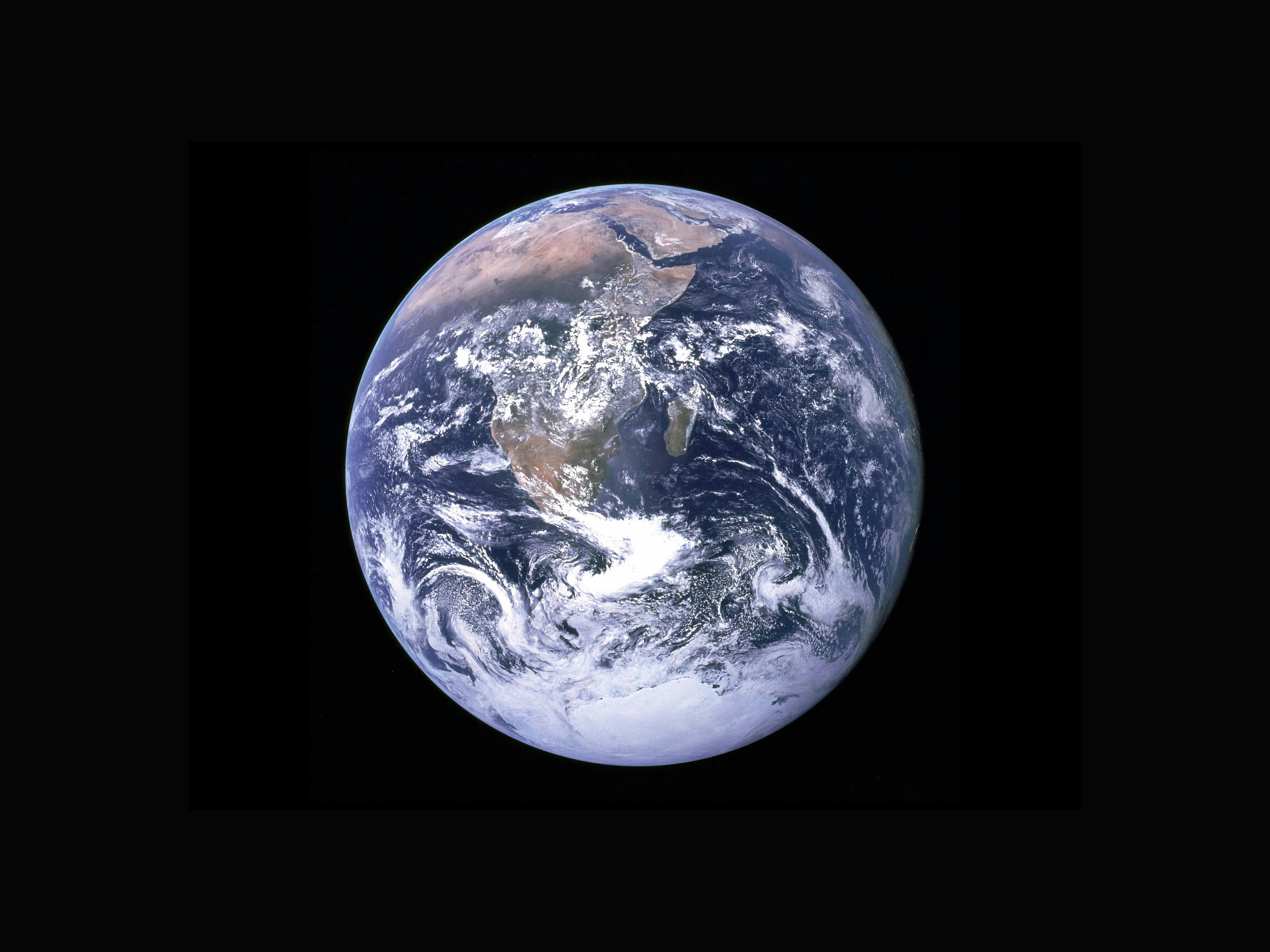These young climate activists are breaking through the language barrier around the world

Some nations have limited accessibility to climate information as information is not translated into their language
Image: Unsplash/Jeremy Bezanger
Stay up to date:
One Trillion Trees
- Language is an unlikely barrier to climate action.
- But official UN climate information is only translated into six languages.
- Now a group of young activists are spreading the word in 40 countries.
- Using translation and social apps to distribute its materials the group can speak directly to people in 100 languages.
It can sometimes seem that information about climate change is all around us. But what if the messages are not in your language? A group of young activists is tackling this unexpected barrier to climate action.
Established in 2019, Climate Cardinals has 8,000 volunteers in 41 countries, translating and sharing information about the need to take action to tackle climate change in more than 100 languages.
The group says it wants to “make the climate movement more accessible to those who don’t speak English. We aim to educate those who are unaware of climate change and provide them with information on how they can help combat the crisis,” they say.
What’s the World Economic Forum doing about climate change?
The group was able to grow its volunteer base rapidly during the COVID-19 lockdowns around the world. It recruited a global network of student translators by offering them the opportunity to earn community service hours when other avenues were closed by the pandemic.
Climate Cardinals was launched with a Tik-Tok video and the group uses all major social media channels to recruit and spread its message. The average age of its volunteers is just 15, founder and Co-Chair of the World Economic Forum’s Global Restoration Youth Hub Sophia Kianni said in an interview with Vice.
As well as using translation apps, the group uses social apps like WhatsApp and Telegram to distribute its materials, but Kianni says she doesn't want to put her volunteers in danger in countries that impose restrictions on the discussion of climate issues.
Most of the student volunteers have no prior translating experience but say that volunteering with Climate Cardinals is actively improving their language skills, according to the group’s entry which got them to the finals of the annual Shorty Social Good Awards in New York.
Solving the problem of no information
Kianni, an Iranian-American Stanford University student and United Nations Climate Advisor, said she realised the scale of the language barrier when visiting relatives in Iran. “There was very little information about climate change in Iran when I went in sixth grade,” she told Vice.
“I saw how horrible the pollution was - I couldn’t see any stars at night - and I said, ‘Wow, the environment here is so different,’ I really thought it was important for my relatives to know about the disastrous effects climate change was having on Iran.”
When she explained the effects of climate change to her relatives in Farsi, their own language, she realised the importance of providing information to people in local languages around the world.
Climate sources like the Intergovernmental Panel on Climate Change (IPCC) reports are only translated into the six official UN languages. One of Climate Cardinals’ first documents was a climate change glossary defining phrases like “what is climate change” and “what is the Greenhouse Gas Effect” in 100 languages.
Climate Cardinals has already forged partnerships with a range of organizations, including Persian music streaming service Radio Javan and the Arab Youth Climate Movement, which distributes the group’s materials, as well as the United Nations Environmental Program.
Communicating the need for climate action
The urgency of tackling climate change was laid bare this week when the IPCC published its latest report warning: “Without immediate and deep emissions reductions across all sectors, limiting global warming to 1.5°C is beyond reach.”
The report said average annual greenhouse emissions between 2010 and 2019 were at the highest levels in human history although the rate of growth has since slowed. The scientists said there is increasing evidence of climate action around the world.
The World Economic Forum’s 2022 Global Risks Report said climate action failure was the single most severe risk facing the world over the next decade. Extreme weather and biodiversity loss were ranked second and third biggest threats over the same period.
Accept our marketing cookies to access this content.
These cookies are currently disabled in your browser.
Don't miss any update on this topic
Create a free account and access your personalized content collection with our latest publications and analyses.
License and Republishing
World Economic Forum articles may be republished in accordance with the Creative Commons Attribution-NonCommercial-NoDerivatives 4.0 International Public License, and in accordance with our Terms of Use.
The views expressed in this article are those of the author alone and not the World Economic Forum.
Related topics:
Forum Stories newsletter
Bringing you weekly curated insights and analysis on the global issues that matter.
More on Climate ActionSee all
Elizabeth Mills
April 17, 2025
Tom Crowfoot
April 17, 2025
Will Hicks and Louise Thomas
April 16, 2025
Lindsey Ricker and Hanh Nguyen
April 16, 2025
Gill Einhorn
April 15, 2025
Hubert Keller and Maximilian Martin
April 15, 2025







